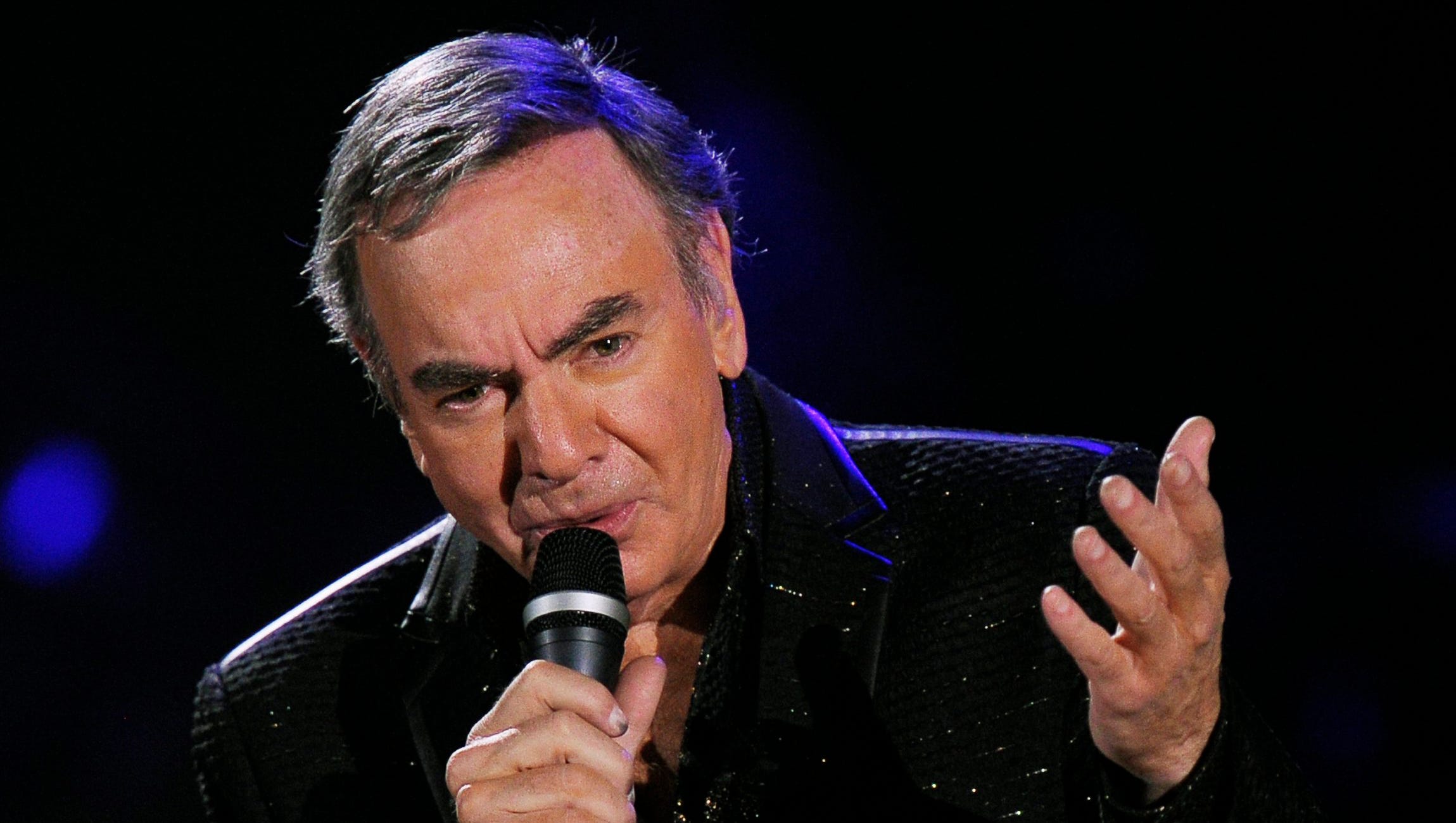Why Neil Diamond’s forced exit from the stage hurts so much
Neil Diamond’s announcement that he would have to retire from the concert stage because of Parkinson’s disease marks the end of one of the most storied careers in popular music. Parkinson’s is a long-term, neurodegenerative disease that results in movement-related problems, such as impaired balance and coordination, slurred speech and difficulty walking. No, Diamond, who turned 77 Wednesday, isn’t done with music. On Monday, when he said he was following doctor’s orders to cancel the coming third leg of his 50th anniversary tour that was set to begin in Australia and New Zealand in March, he said he still would be active in other capacities.

“I plan to remain active in writing, recording and other projects for a long time to come,” Diamond said in a statement. “My thanks goes out to my loyal and devoted audiences around the world. You will always have my appreciation for your support and encouragement. This ride has been ‘so good, so good, so good’ thanks to you,” the Rock and Roll Hall of Famer added, in a nod to his hit 1969 hit and audience favorite, “Sweet Caroline.”
But new albums by old favorites aren’t the same thing. The market isn’t designed to support the release of new music — not even from one who has enjoyed a creative renaissance since the release of “Three Chord Opera” in 2001, followed by the critically hailed “12 Songs” in 2005. Albums just don’t sell anymore. Diamond’s last studio album, “Melody Road,” was released in 2014. A nice effort but largely ignored by the public — and the star himself. None of its songs was featured on Diamond’s 50th anniversary tour, which played Sunrise’s BB&T Center in 2017.
Instead, Diamond’s departure from the concert stage means a big financial loss to the concert industry. According to Billboard, Diamond, whose first hit single, “Solitary Man,” was released in 1966, ranked among the 20 highest grossing concert acts in the period of 1990-2014. His grosses in those years numbered more than $465 million from 643 shows before 8.9 million fans. Diamond’s current 50th Anniversary Tour was similarly huge. According to Pollstar, the concert industry tracker, he was No. 24 worldwide in 2017. “Diamond’s retirement from touring would be a major blow to the business,” the trade said. His “Melody Road” Tour in 2015 added another $35 million in North America and ranked No. 1 in June of that year over tours by the Foo Fighters, the Rolling Stones and U2 in the first half of that year.
Diamond’s luster on the road has been undimmed since the release of his landmark live set, “Hot August Night,” in 1972. But aside from making promoters happy, Diamond’s departure from touring will be felt by fans.
